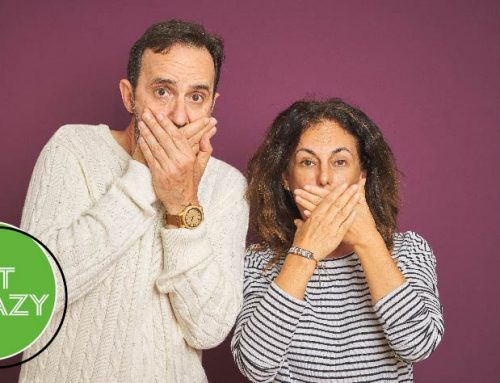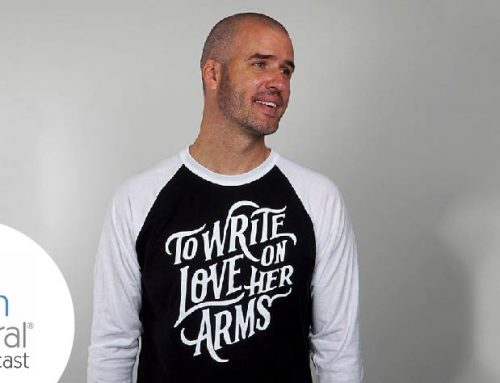I receive a lot of e-mail and don’t have time to answer all of it. I want to, but writing, speaking, and watching television takes a lot of my time. Occasionally, I get an e-mail with a really good question and, in addition to answering it, I publicly post the question and answer for others to see. Today’s blog is one such letter and addresses the question of how to make loved ones understand mental illness and depression?
Understanding Mental Illness and Depression
Dear Gabe:
I want my family to understand mental illness and depression. In addition to reading your blogs, I have been following you on Twitter and Facebook for a while now. One of the things I’ve noticed is that you have a good relationship with your parents, wife, and other family members. I see them publicly support you, joke around, and even share some of your articles that contain information my family won’t even talk about privately.
How did you make them understand depression? Why is your family so supportive? How can I get my friends and family to respect me as much as your friends and family respect you?
Thank you,
Wanting Love
Dear Wanting Love,
Before I answer, I want to thank you for your kind words about my friends and family. I am sure they will appreciate them. Like me, they love compliments.
One of the questions I’m often asked when I speak is, “What was your childhood like?” Summarizing 18 years into a three-minute response doesn’t lend itself to providing good information. The fact is, my childhood was both difficult and amazing.
My relationship with my father is a great example. He and I were at odds for years. He made a great many mistakes and some of them I am still angry about. He also adopted me when I was five years old, giving me a father and a family I wouldn’t have otherwise had. (For more see: I Have Mental Illness and a Dad) So I can say with absolute truthfulness that my dad was an amazing man who stepped up to raise me as his own without expecting any acknowledgement whatsoever and that he was a jerk who over-punished, over-reacted, and should have been more understanding.
One statement doesn’t take away from the other. Both are equally true. The relationship between the rest of my family and me is much the same way. Everything you see on social media is absolutely true. They aren’t just pretending to be supportive.
What is left off social media are the negative aspects. My family and I disagree, argue, and hurt each other’s feelings all the time. But I make a deliberate effort to remember the good when experiencing the bad.
It is Possible to Understand Depression, but Not Understand Your Experience
 It is possible to understand depression, but not understand your experience. I don’t know you, but I would venture to guess that your family understands you more than you think.
It is possible to understand depression, but not understand your experience. I don’t know you, but I would venture to guess that your family understands you more than you think.
Does your family take you to your favorite restaurant on your birthday? When your favorite genre of movie comes out, do they ask you if you are going to see it? My grandmother, who dislikes sports in general, keeps track of the Columbus Blue Jackets hockey team just so she can talk to me about it. She also tells me that spending money on tickets is wasteful spending. I take the good with the bad, because that is family.
The fact is that we can’t make anyone understand us. What we can do is be open to their questions and be willing to openly communicate our experiences with anyone who asks. While it is tempting to be angry with them for not being understanding, we have to remember they are experiencing our depression for the first time, too.
Holding on to past hurts won’t allow either party to reach common ground. It is up to us to forgive the people in our lives who weren’t supportive and keep an open dialogue. Through these difficult and honest conversations, we can begin to live these experiences together, instead of separately.
That is the key to understanding – sharing an experience together, instead of separately.
This article first appeared on Psych Central as How Do I Make My Family Understand Depression?






